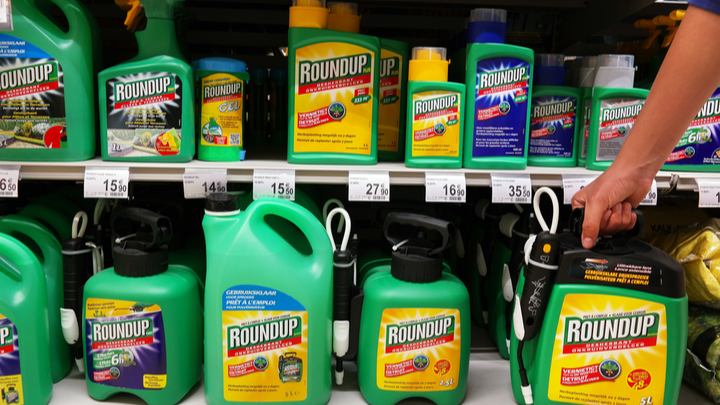Bayer pays US$10bn to settle Roundup cancer lawsuits

Largest ever settlement in US civil litigation
BAYER has announced a US$10bn settlement for thousands of lawsuits claiming that that its Roundup weedkiller caused cancer.
Bayer acquired Monsanto for US$63bn in June 2018, including Roundup. The active ingredient in Roundup is glyphosate, which is “probably carcinogenic” according to the International Agency for Research on Cancer. However, many other regulatory bodies including the European Food Safety Authority concluded that glyphosate does not cause cancer.
The first lawsuit occurred in August 2018, when Bayer was ordered to pay US$289m to a terminally-ill school groundskeeper with non-Hodgkin lymphoma who had been accidentally drenched in Roundup on two separate occasions. The payment was later reduced to US$78m. Two more successful cases were brought to trial and resulted in Bayer having to pay compensation to cancer patients, and this opened the floodgates with around 95,000 lawsuits being filed. Bayer is still appealing the three cases that went to trial.
Judge Vince Chhabria of US District Court in San Francisco initiated talks last year that would lead to an agreement for all cases. Chhabria was overseeing hundreds of Roundup lawsuits and appointed lawyer Kenneth Feinberg to mediate the talks.
Bayer has agreed to pay US$10.1bn–US$10.9bn, which is among the largest ever settlements in US civil litigation, according to The New York Times. The variation in the figure is because the number of eligible claimants won’t be known until the claims process has started. The figure includes US$1.25bn for potential future cases and will also be used to establish an independent expert panel to determine if glyphosate causes cancer, and if so in what doses. Bayer will no longer be able to argue against glyphosate being a carcinogen in future cases if the panel concludes that it is carcinogenic, and if no connection is found between glyphosate and cancer, lawyers will no longer be able to argue this. Following the decision from the panel, juries will no longer be able to make decisions on the cases.
This article is adapted from an earlier online version.
Recent Editions
Catch up on the latest news, views and jobs from The Chemical Engineer. Below are the four latest issues. View a wider selection of the archive from within the Magazine section of this site.




